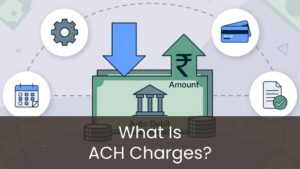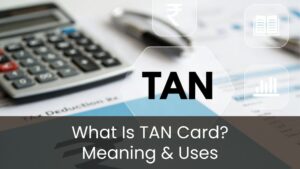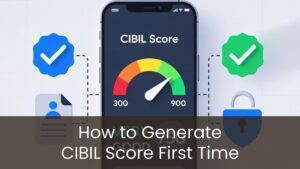When you need quick funds for emergencies, education, weddings, or business expenses, understanding the gold loan vs personal loan difference can help you make the right choice. Both options offer financial support, but they differ in key areas, such as interest rates, documentation requirements, approval speed, and security.
In this guide, we will help you understand the differences between gold loans and personal loans, enabling you to choose the option that best suits your needs.
1. Nature of the Loan
A Gold Loan is a secured loan, meaning you pledge your gold jewelry or coins as collateral to the lender. The lender keeps your gold safely until you repay the loan. A Personal Loan, on the other hand, is an unsecured loan; you do not need to offer any security or assets. The approval depends on your credit score, income, and repayment history.
Verdict: If you possess gold assets, securing a gold loan is typically more straightforward and tends to offer more favorable conditions. If you have a strong credit history and no collateral to pledge, a personal loan is the alternative.
2. Interest Rates of Gold Loan vs Personal Loan
Gold Loan Interest Rates: Interest rates generally fall within the annual range of 7% to 18%, determined by both the valuation of gold and the lender’s existing policies.
Personal Loan Interest Rates: Typically between 10% to 24% per annum, based on your credit profile, salary, and lender. Since gold loans are secured, lenders face lower risk, resulting in lower and more flexible interest rates.
Verdict: Gold Loans usually have lower interest rates than personal loans, making them more affordable.
3. Processing Speed
Gold Loan: Extremely fast. Many lenders offer same-day approval and disbursal, especially if you apply online or through doorstep services.
Personal Loan: Takes longer; lenders review your income proof, credit score, and repayment capacity, which may take a few days.
Verdict: For urgent financial needs, gold loans are much faster and easier to obtain.
4. Documentation in Gold Loan vs Personal Loan
Gold Loan: The necessary documentation is minimal, typically comprising identification proof, address proof, and a photograph. There is no requirement for income verification or credit score assessment.
Personal Loan: Requires KYC documents, income proof (salary slips or ITR), bank statements, and credit verification.
Verdict: Gold Loans win for simplicity and ease of application.
5. Loan Amount and Tenure
Gold Loan: The loan amount depends on the value and purity of gold (up to 75% of its market value). The tenure usually ranges from 3 months to 3 years.
Personal Loan: The amount depends on your income and credit score, with tenures from 1 to 5 years.
Verdict: If you need short-term funds quickly, choose a gold loan. For substantial and long-term financial requirements, a personal loan might be a more suitable option.
Conclusion
If you require immediate funds with minimal documentation, opting for a Gold Loan is a prudent decision, particularly if you already possess gold assets. It is fast, secure, and comes with lower interest rates.
Nonetheless, if you lack gold assets but boast a solid credit score and stable income, opting for a Personal Loan might be preferable for achieving substantial or long-term financial objectives.
Ultimately, the right choice depends on your financial needs, repayment ability, and available resources.
Frequently Asked Questions (FAQs)
A gold loan is often preferable in emergencies due to its immediate approval and swift disbursement. Since your gold serves as collateral, there is no need for income verification or a high credit score, making it perfect for urgent cash needs.
Not directly. A gold loan is a secured loan, so lenders are less concerned about your credit history. However, repaying it on time can improve your credit score, while defaults may have a negative effect.
Gold loans typically offer lower interest rates, ranging from 7% to 18%, in contrast to personal loans, which have rates between 10% and 24%. This is due to the physical collateral backing gold loans, which minimizes the lender’s risk.
Gold Loan: Only basic KYC documents like ID proof, address proof, and a photo.
Personal Loan: Requires KYC, income proof, bank statements, and credit score check.
Gold Loan: If you fail to repay, the lender may auction your gold after giving prior notice.
Personal Loan: Facing penalties from the lender and a potential decline in your credit score can impact future loan approvals, emphasizing the importance of timely repayment to uphold financial credibility.







